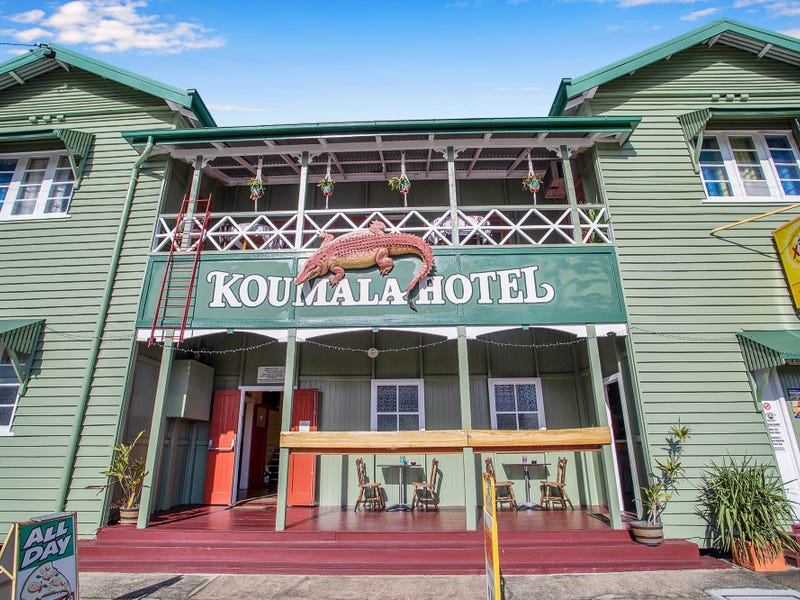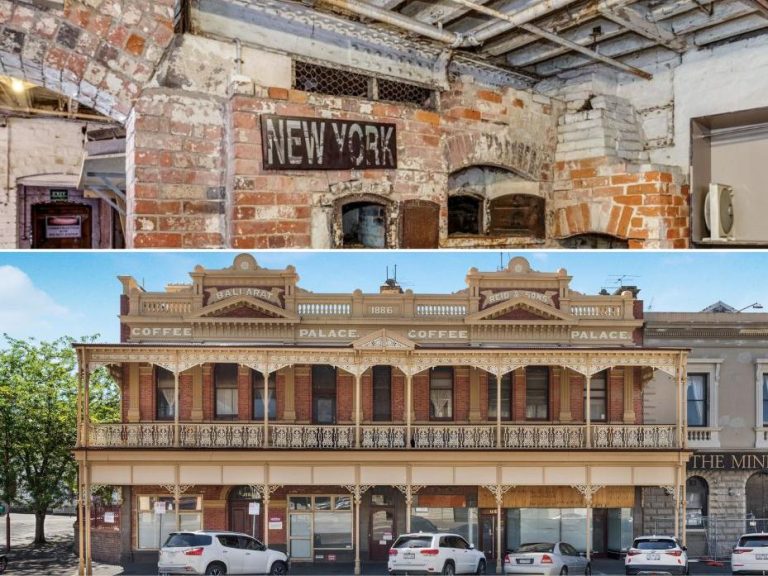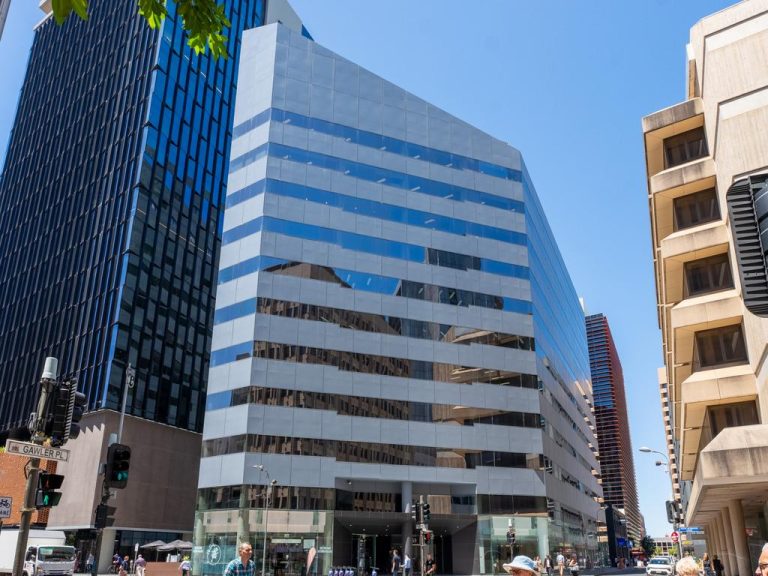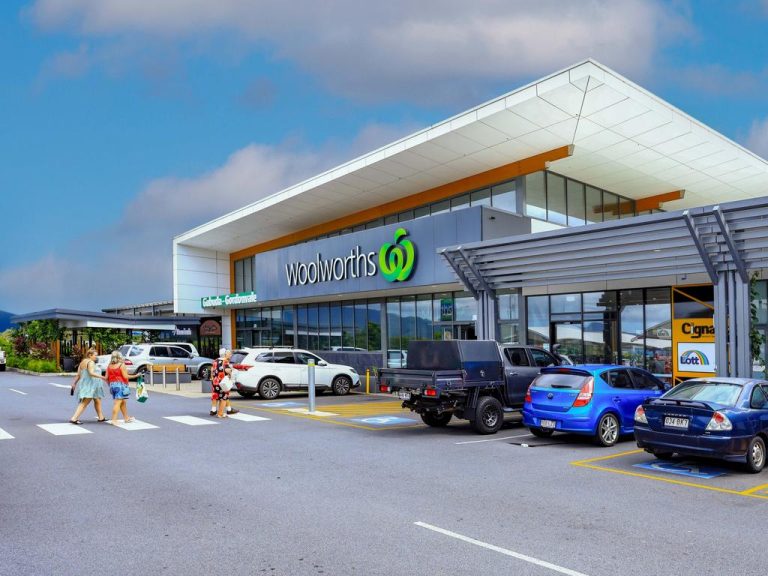Population and tourism shifts drive investor interest in country pubs

Whether in the country or city, the humble pub has long held a special place in Australians’ hearts – and the portfolios of commercial investors – but new sales data suggests watering holes in regional areas are buyers’ preferred tipple right now.
Nationwide Real Capital Analytics data for sales above $1 million in March shows 88% of pub sales were outside Australian city central business districts, with 55% in regional areas and 33% in a capital but not in the centre. Just 12% of the sales were CBDs pubs.
PropTrack economist Anne Flaherty said the data backed up anecdotal evidence of the growing popularity of regional pubs over the last year and a slowing of pub sales in the cities.
“And given regional pubs are also far more likely to sell at below that $1 million figure, say in somewhere like Tasmania, the real proportion would be even higher in reality,” she said.
The trend is clear and indicates country and city pubs appear to be on different trajectories into the future, Ms Flaherty said.
“What we can see is that regional New South Wales [26%] has seen more pubs sell than anywhere else in Australia. That’s followed by suburban Melbourne [15%], regional Queensland [11%], regional Victoria [10%] and then suburban Sydney [8%].”
Sydney’s CBD ranks ninth, with just 4% of total sales. Adelaide, Perth and Melbourne’s CBDs rate last, with just 1% each of sales.
“While we’re starting to see a bit of recovery in our CBDs post-lockdowns, there’s still significantly less foot traffic, and it will take time to fully bounce back, making those pubs outside a city a good alternative,” Ms Flaherty said.
Population shift and tourism driving change
While the pandemic “super-charged” a population shift out of cities and into regional areas, the trend pre-dates COVID and is a big part of why country pubs appeal today, Ms Flaherty said.

Regional pubs are doing well thanks in part of the increase in domestic travel. Picture: realcommercial.com.au/for-sale
In the pub game, population equals patrons, she said.
“COVID has accelerated that existing trend of people moving to the country and investors will look at that as a bonus for those ‘community’-type pubs, as more potential patrons.
“The other factor is the big increase in domestic tourism, which again drives patronage. Even now with international borders re-opened, there is still going to be more domestic tourism than what we saw pre-COVID.
“That’s supporting a lot of these regional areas as well and making them attractive for investors,” Ms Flaherty said.
In CBDs, ‘alternative uses’ come into play
While the regional trend is clear, in the city, the picture is more complicated, Ms Flaherty said.
“First off, you’re looking at a very different price point and it’s natural in a CBD that there might be alternative uses for a particular property and its site [that’s on the market], so you’re looking at a different kind of investor altogether,” she said.
What a pub will be used for post-purchase can be less clear in the city. The widely-held belief that “all the city pubs are being turned into apartments” doesn’t necessarily stack up though, Ms Flaherty said.
“It depends so much on location. If you have a successful CBD pub that’s generating good income for an investor, of course it’s viable to continue it that way, but some pubs on the market might be viewed as development sites. But if it happens depends on zoning, heritage and lots of other factors. So, it’s a real mix,” she said.
Paddy O’Sullivan, chief executive of the Australian Hotels Association [Victoria], said those looking to buy a CBD hotel always weigh-up numerous factors to understand the potential return for their investment.
“The potential for development of hotel sites into apartments is always something that is talked about, as hotels are emotionally connected to the people in their community, be it through attendance or affiliation through community support activities,” he said.
“Culturally, socially and historically significant pubs and hotels have a range of protections that can significantly reduce the likelihood of being completely lost forever, yet there is potential for more that could be done to safeguard these types of venues.”

The John Curtin Hotel has sold to an unknown buyer, despite community efforts to have the venue become heritage-listed. Picture:realcommercial.com.au
The debate swirling about the future of one of Melbourne’s most iconic pubs, the John Curtin Hotel in Carlton – recently sold to an unknown buyer for what is believed to be under the asking price of $6 million – is a case in point.
The hotel, which has long been a favourite watering hole for students, unionists and Labor figures such as Bob Hawke, made headlines when it was put on the market earlier this year, with a short-term lease to the current operator until November 2022, sparking concerns it may be lost as a pub and Melbourne institution.
Agent CBRE has refused to reveal any details of the sale. It’s believed the buyer may be an overseas-based investor and developer who will continue to operate it as a pub in the “short term” but “likely” to redevelop it later.
‘Pub-to-apartment’ trend weakening in Melbourne
In Melbourne, it has been “some time” since a pub has been purchased and turned into residential property, according to CBRE hotels director Mathew George.

A look inside one of the apartments at what was once the Phoenix Hotel in Flinders St and is now a residential complex. Picture: realestate.com.au/buy
“While a number of CBD pubs have been sold over the past five years as residential development sites, such as The Phoenix Hotel on Flinders Street, The Great Western Hotel on King Street and The Metropolitan Hotel on William Street … we haven’t seen pubs being converted into residences in Melbourne for some time,” he said.
“[Before those sales] it would be over a decade since we’ve seen some big Bayside pubs converted into high-end townhouses, being The Beaconsfield Hotel, The Beaumaris Hotel and the Mentone Hotel. All of these got to a stage where it was unviable to continue as a pub and it made much more sense financially to convert for an alternate use,” Mr George said.
Country or city, Mr George said pubs will remain part of Australia’s DNA.
“Pubs and hotels will always be the heart of their community; they are the place that people go to for celebrations, commiserations, to be connected to their community, social occasions or for those times when community needs to band together in times of crisis.”







